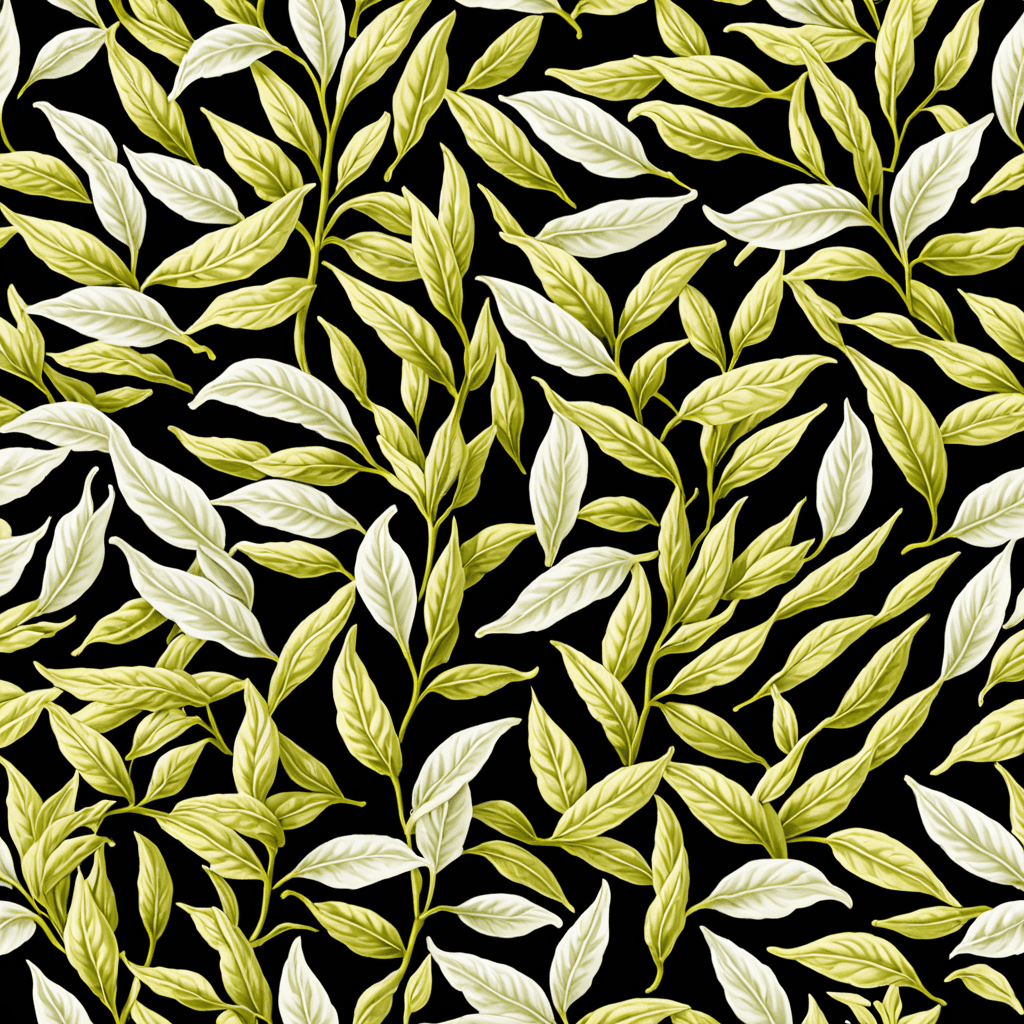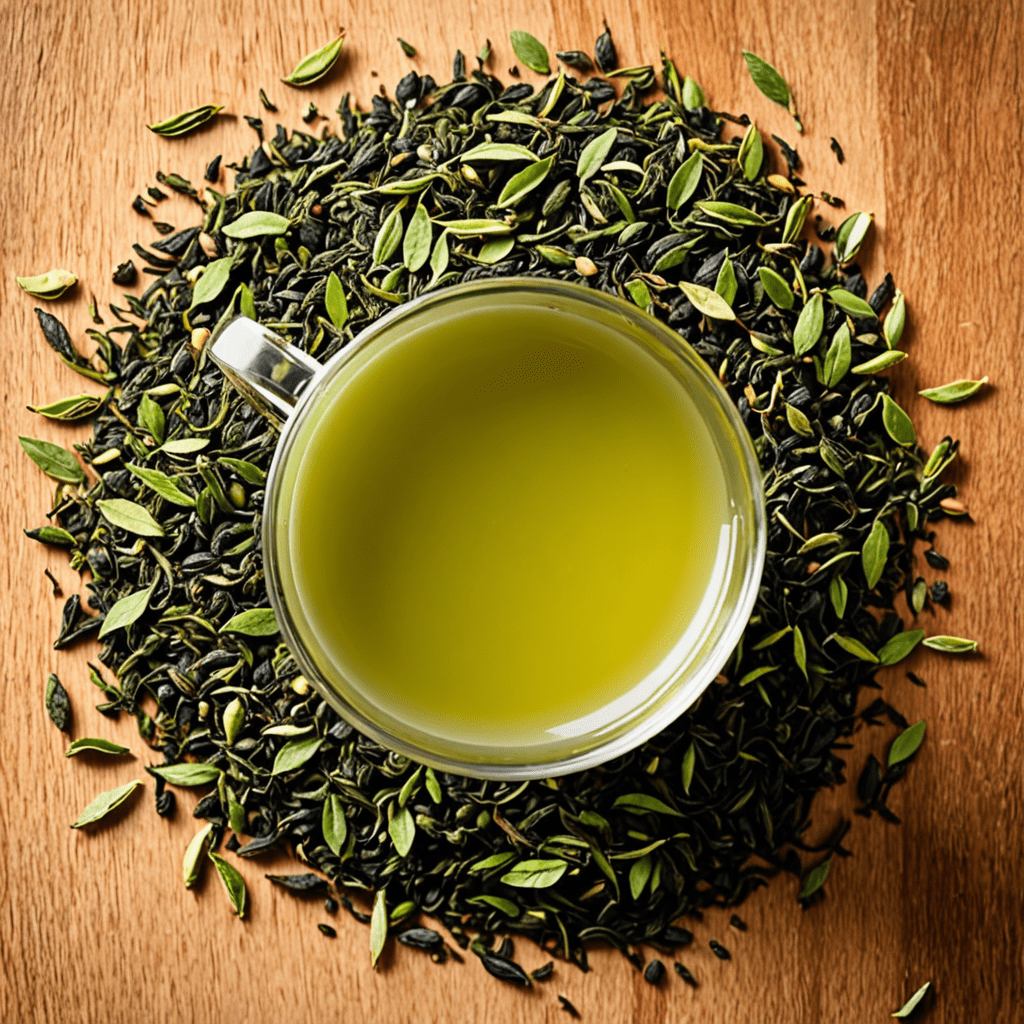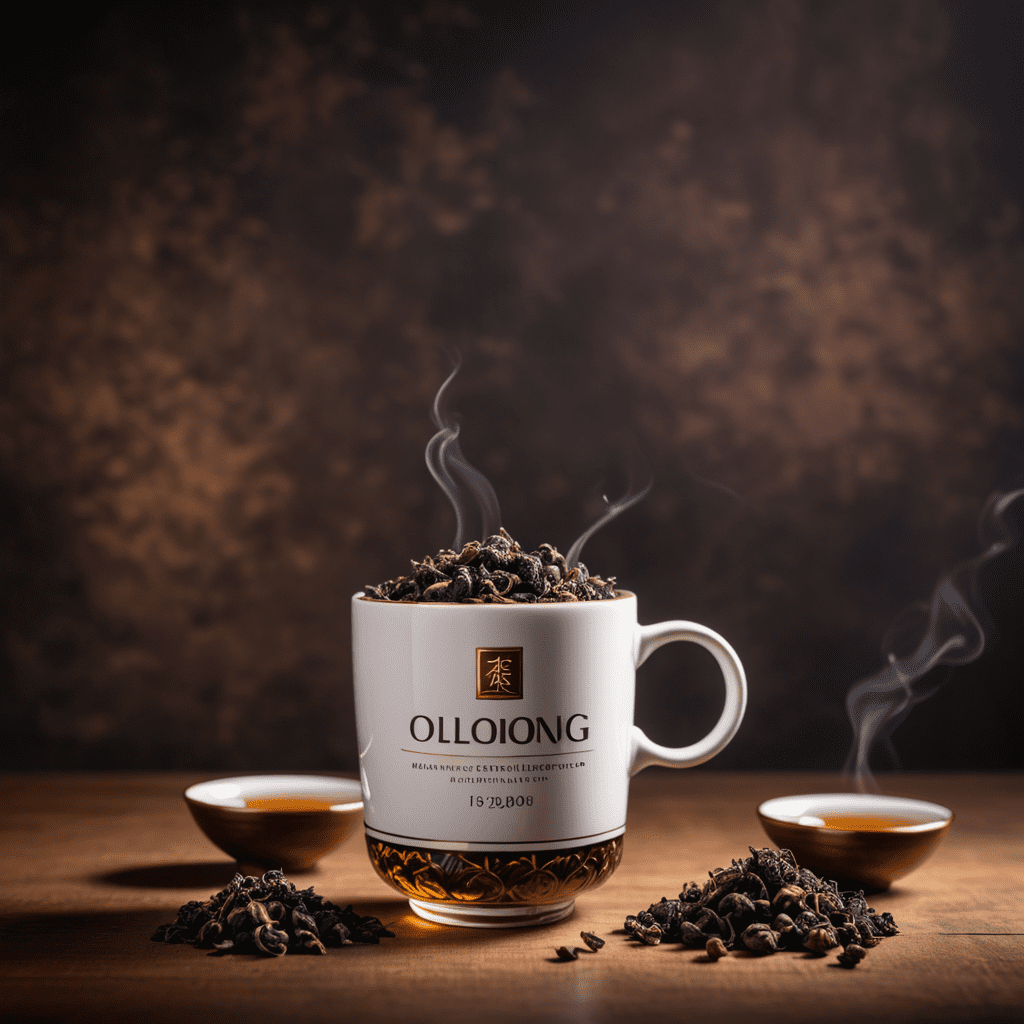White Tea: An Ancient Remedy for Modern Ailments
The Origins of White Tea
White tea, originating from China, is the least processed of all tea types. It is harvested from the Camellia sinensis plant, and its delicate leaves and buds are carefully picked during a specific period of growth. The minimal processing helps retain the natural antioxidants and polyphenols present in the leaves, making it a popular choice for health-conscious individuals.
The Production Process
After harvesting, white tea leaves undergo minimal oxidation and are gently withered and dried. Unlike other teas, white tea does not undergo rolling or shaping processes, which helps preserve its natural properties. The resulting tea is known for its light color, subtle flavor, and potential health benefits.
Health Benefits of White Tea
White tea is renowned for its antioxidant properties, which can aid in reducing the risk of chronic diseases, improving oral health, and promoting healthy skin. Its minimal processing ensures that the natural compounds are preserved, making it a popular choice for individuals seeking natural remedies for various health concerns.
Antioxidants and Their Role
White tea contains a high concentration of antioxidants, such as catechins and polyphenols, which have been linked to numerous health benefits. These compounds help combat oxidative stress in the body, potentially reducing the risk of heart disease, certain cancers, and other inflammatory conditions.
Usage and Preparing White Tea
White tea can be enjoyed hot or cold, and its subtle flavor makes it a versatile choice for tea enthusiasts. To prepare white tea, simply steep the leaves in hot water for a few minutes, allowing the natural flavors and benefits to infuse into the water. With its minimal processing, white tea offers a delicate yet refreshing taste.
White Tea as a Holistic Remedy
As an ancient remedy with modern applications, white tea holds promise as a holistic health booster. Its minimal processing, light flavor, and potential health benefits make it a go-to choice for individuals seeking a natural solution to various modern ailments. Engage in the ritual of enjoying a cup of white tea and experience the potential wellness benefits it offers.
Conclusion
White tea’s rich history and potential health benefits make it a compelling choice for individuals interested in herbal remedies and natural wellness. Its delicate nature and minimal processing allow the natural compounds to shine, offering a refreshing beverage that may contribute to overall well-being. Incorporating white tea into your daily routine could be a step towards embracing traditional wisdom for modern health concerns.
White Tea FAQ
What is white tea?
White tea is a type of tea that is minimally processed, made from the young leaves and buds of the Camellia sinensis plant. It is known for its delicate flavor and subtle sweetness.
How is white tea different from other types of tea?
White tea undergoes minimal processing, with leaves being simply withered and dried. This preserves more of the natural antioxidants and nutrients present in the tea leaves compared to other types of tea.
What are the health benefits associated with white tea?
White tea is rich in antioxidants, which are known to help boost the immune system, improve cardiovascular health, and promote skin health. It may also have anti-inflammatory and antibacterial properties.
How does white tea help with modern ailments?
Due to its high antioxidant content, white tea may help in combating the effects of modern ailments such as stress, pollution, and unhealthy diets. Its anti-inflammatory properties may also aid in alleviating symptoms of certain ailments.
Is white tea safe for everyone to consume?
Generally, white tea is safe for consumption for most people. However, individuals sensitive to caffeine should consume it in moderation, as white tea contains some amount of caffeine.



